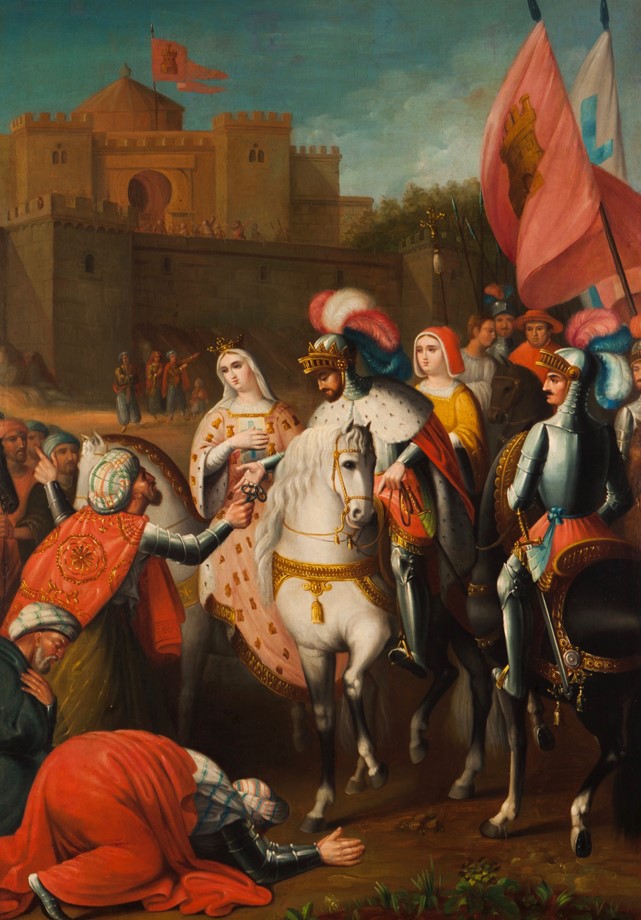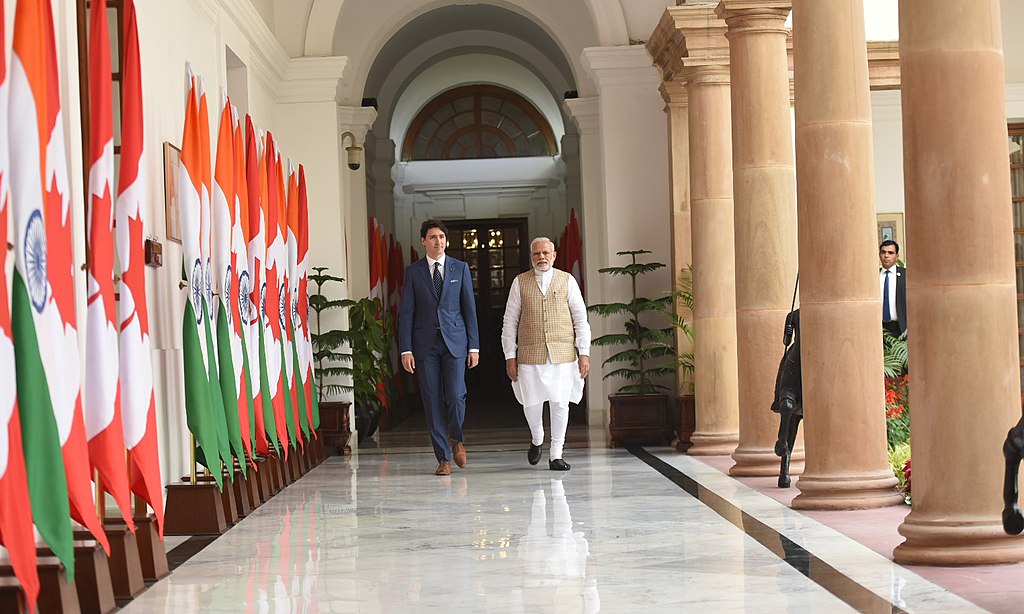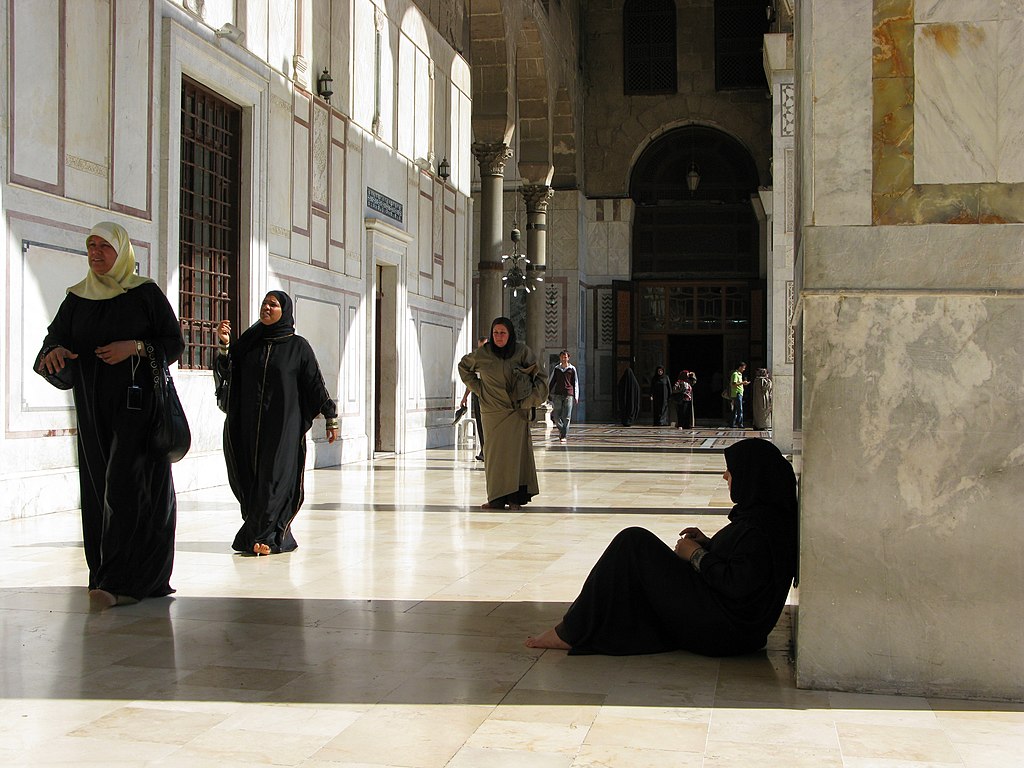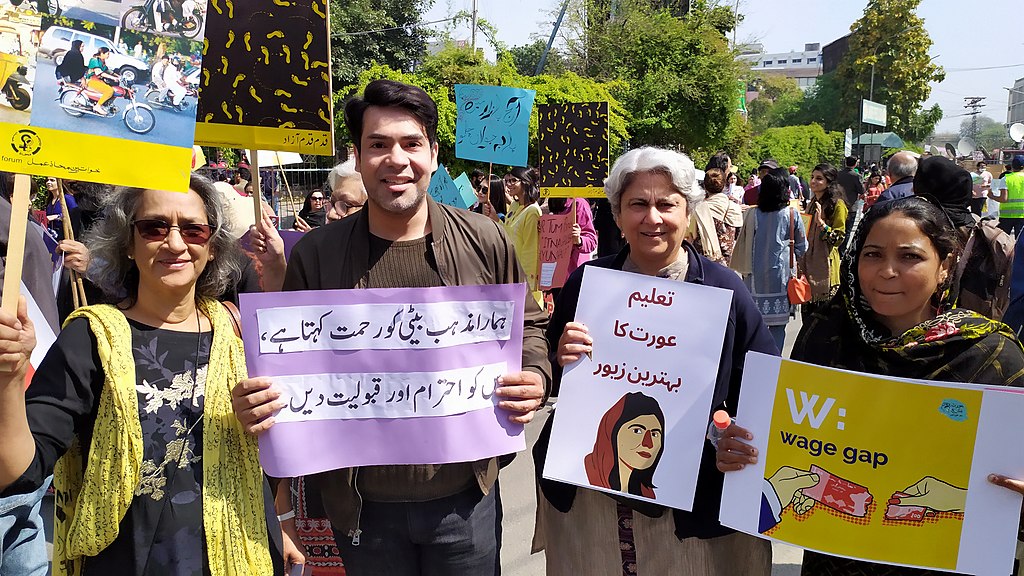By Ayesha Aijaz
Fall of Granada and the Plight of Morisco (Part 2) can be found here
The Morisco was very much a Spaniard. In the words of Spanish historian, Américo Castro, he was ‘heir to the glorious tradition of race that dominated almost the entire Spanish soil’ who ‘maintained a patriotic sentiment for the native country like the sailor, who prefers all sort of danger to the abandonment of ship. No doubt, the Morisco were Spaniards and no less so than the Castilians and Aragonese’.[18] But in the post-1492 Spain, he was considered impure and ignorant and everything attached to him including his customs and lifestyle was seen with contempt. Aznar Cardona, an anti-Muslim Catholic priest depicted Morisco as
‘the vilest of people, enemies of letter and sciences, far from courteous and polite manners and customs who brought up their children as animals without any education or hygiene. They were barbarous in language and ridiculous in dress, ate on the floor and lived on vegetables, grains, fruits, honey and milk. Sensual and disloyal, they marry young and multiply like weeds overcrowding places and contaminating them.’[19]
Early in the new century, edicts were issued prohibiting Morisco music and songs, traditional weddings, Moorish clothing, circumcision and slaughtering of animals. The laws also ordered destroying public baths, obliging Moriscos to leave their doors open and unveil their women. Francisco Núñez Muley, an old Morisco nobleman, wrote in protest to the president of the High Court, a comprehensive letter arguing as to why he thought the clauses of the edict were unreasonable[20], but it fell on deaf ears. The next revolt of Alpujarras (1568-70) was a disastrous one. The Granadans burnt churches, killed Christian clerics and innocent people, while the government responded with pillage, rape, mass killing and enslaving people[21]. The text by Huraldo de Mendoza, who was a diplomat, soldier, scholar and a poet, written between 1571-75, clearly depicts what was in store for the Moriscos thereafter. Arabic use was totally banned even among the Moriscos, and their exodus was imminent[22].
It became clear with time that the policy of forced conversion had not worked and would never do. After the Alpujarras revolt, pressures mounted on both sides and co-existence became impossible. The memorandum by the Bishop of Segorbe (1587) to Philip II summarised how Moriscos had failed the repeated efforts of the Church and Monarchs towards their assimilation into society. It all went in vain over time, as the Moriscos still repented to their God instead of confession, practised polygamy and divorce, killed Christians, circumcised their children, performed their own prayer and ablution, buried their dead in virgin lands and refused to go to the church. They conspired with the Turks and North Africans and persisted in following the ‘abominable sect of Muhammad’. They, therefore, must be considered heretics, worse than Jews and expelled the same way[23].
In 1609-10, Phillip III issued the edicts of expulsion. Archbishop of Valencia Juan de Ribera (1609) delivered a sermon in which he said that the land would not become fertile again until these heretics had been expelled. The justification of expulsion was put forward by depicting the Moriscos, as a threat to security of Christian territory, as they had allied with 150,000 Turks for the coming spring to slay the Christians in the name of Muhammad, thus convincing his listeners of the ‘admirable remedy, king had employed.[24]’ Orders were issued to landlords to deliver the Moriscos working for them to the port of departure, only with portable things, which they could carry on their backs[25]. The question of their children[26] was an interesting one. The state was confused whether the children should be allowed to go with their parents in exile or not. The letting go would be sinful and embarrassing as they would be raised as Moors and ‘hell would swallow so many innocent lambs.’ Ribera suggested that children under ten years should remain in Spain to be educated by priests. Infants should be given to Christian wet nurses. But after some negotiations with other theologians, he changed his mind. Children above seven would be sold as slaves to Old Christians as they are old and would be difficult to raise them as Christians. Slavery was morally wrong but would save children from apostasy, hence became an acceptable deed.
The reasons behind expulsion were multifactorial. Apart from lack of transformation successfully into a different faith and set of customs, on the part of the Moriscos, they were a demographic threat as well. According to Ribera, ‘Morisco only thinks about reproducing[27]’, and would soon outnumber the Christians. Population growth would ultimately make Morisco successful without arms or help from abroad. Ribera described them to Phillip II as an imminent danger, ‘wizened trees full of knots of heresy, who needed to be uprooted before they send out new shoots that quickly grow into trees[28]. Also, Moriscos were hardworking, thus an imminent danger forever, as they retained the possibility of a ‘comeback’ with strength if they were given room to flourish. Danvila wrote about the incompatibility of the two races. He called it justifiable and unavoidable. ‘Humanity and religion fought, but religion emerged victorious. Spain lost its most industrious sons; children separated from the lap of their mothers, and from paternal love. There was no pity or mercy for any Morisco, but religious unity appeared radiant and luminous in the sky of Spain. Happy is the nation that is united in all its sentiment.’[29] And the resultant Spain was like Henry Lea described,
‘The fanaticism which expelled the Jew and the Morisco hung like a pall over the land, benumbing its energies and rendering recuperation impossible… transformed Spain into a paradise for priests and friars and familiars of the Inquisition, where every intellectual impulse was repressed, every channel of intercourse with the outer world was guarded, every effort for material improvement was crippled’[30]
Such was the dramatic end of a realm that the world sees with romance as well as nostalgia. Was it a war of religions or a ‘clash of civilizations’ as fashionably called? Was it a unique story of history that only occurred between Islamic and Christian forces? Was it the last encounter between the mighty and the weak, on the basis of religion and race? The case of this particular century must be viewed in a broad context of eight centuries as a constant struggle of claiming and reclaiming of territories, justified by a religious sentiment and arousal of the competing people with a hope of salvation, that lies in the eradication of ‘the other’, ‘the impure’ and ‘the infidel’. A call to save what belongs to ‘us’ and eradication of what belongs to ‘them’ has been running the political scenario of the world since ever and even to this day. Victory is a shower of support from God just like Christians thought at the Reconquista, and humiliation is a punishment from Him as Muslims interpreted at the time of persecution. Religious supremacy, territorial hegemony, economic benefits, and conspiracies to achieve these, have driven the world vicious. It was a turning point in the history of ‘Islam and the West’, which continues to shape attitudes, affiliations and trust or mistrust in treaties and promises etc. The tragedy of the Morisco is a small component of a bigger picture which manifests itself repeatedly whenever a minority is at the mercy of a powerful ruling majority that makes the use of racial superiority in order to establish a national identity, free of corruption of ‘the other’.
History is very much alive with same or similar manifestation of expulsions, exclusion, walls, denial of rights, separation of children from parents, and other forms of persecution, none of which is new. Fear-mongering, stereotyping the other and justifying the mistreatment in the name of saviourship, worked well throughout history and are still the most useful rules of the game in the world of power. The mighty and the powerful find one way or the other to justify the oppression by portraying ‘the other’, a threat to ‘our’ faith, ‘our’ values and ‘our’ freedom..
The views expressed herein may not necessarily reflect the views of JI FAD and/or any of its affiliates






